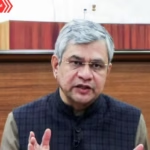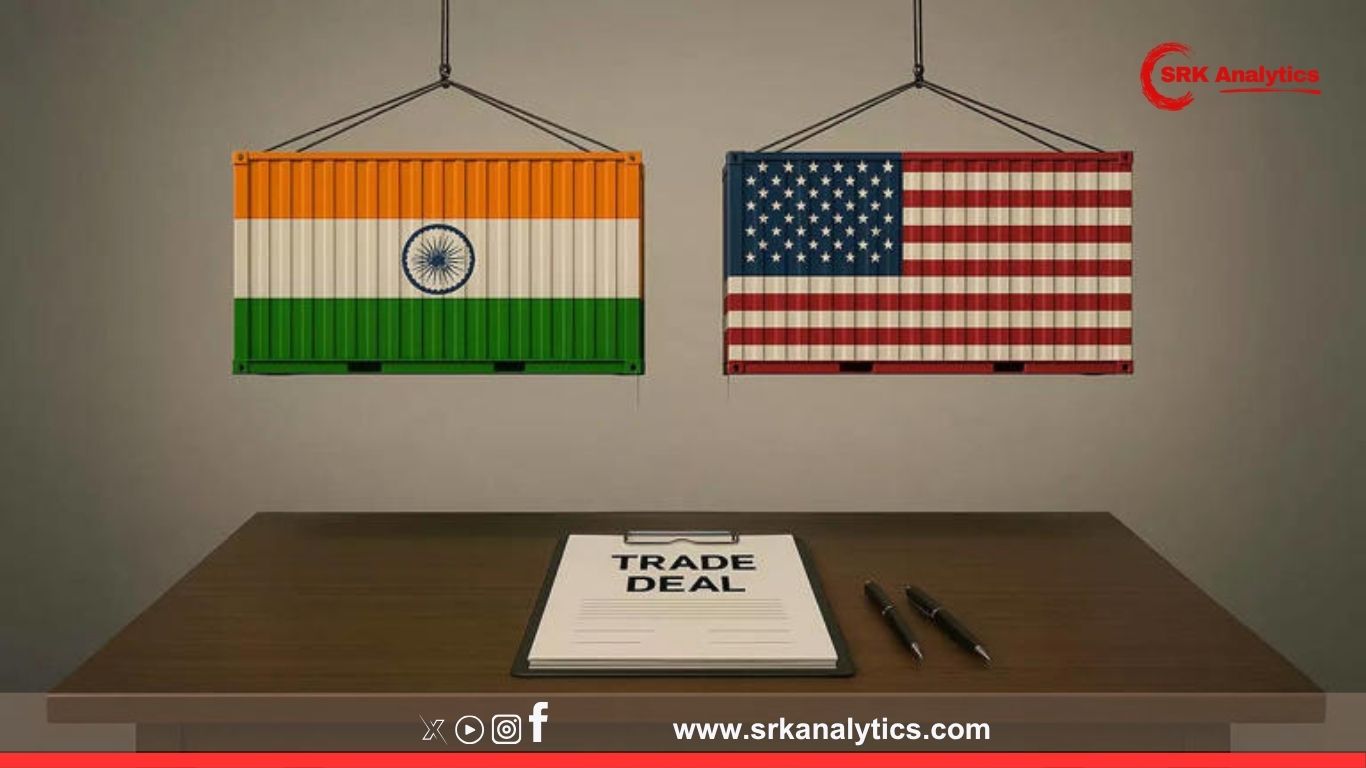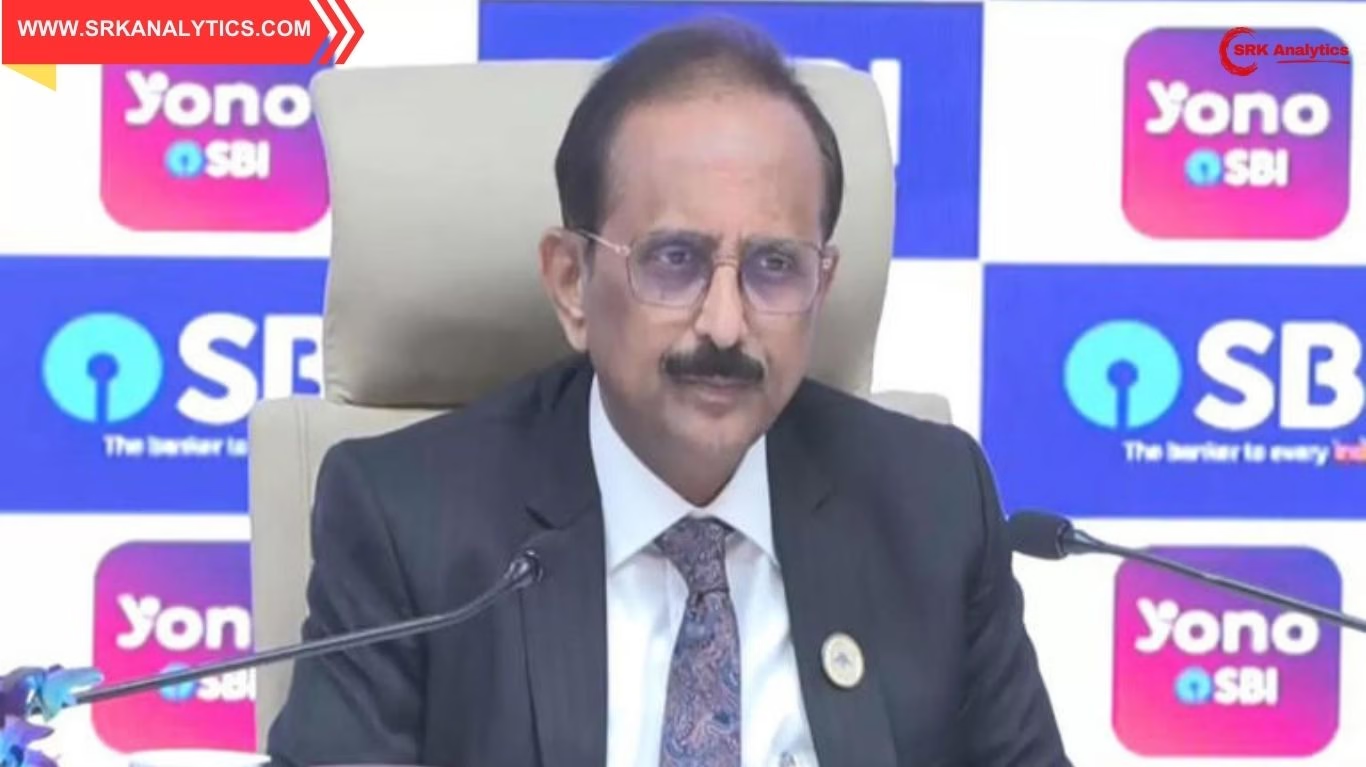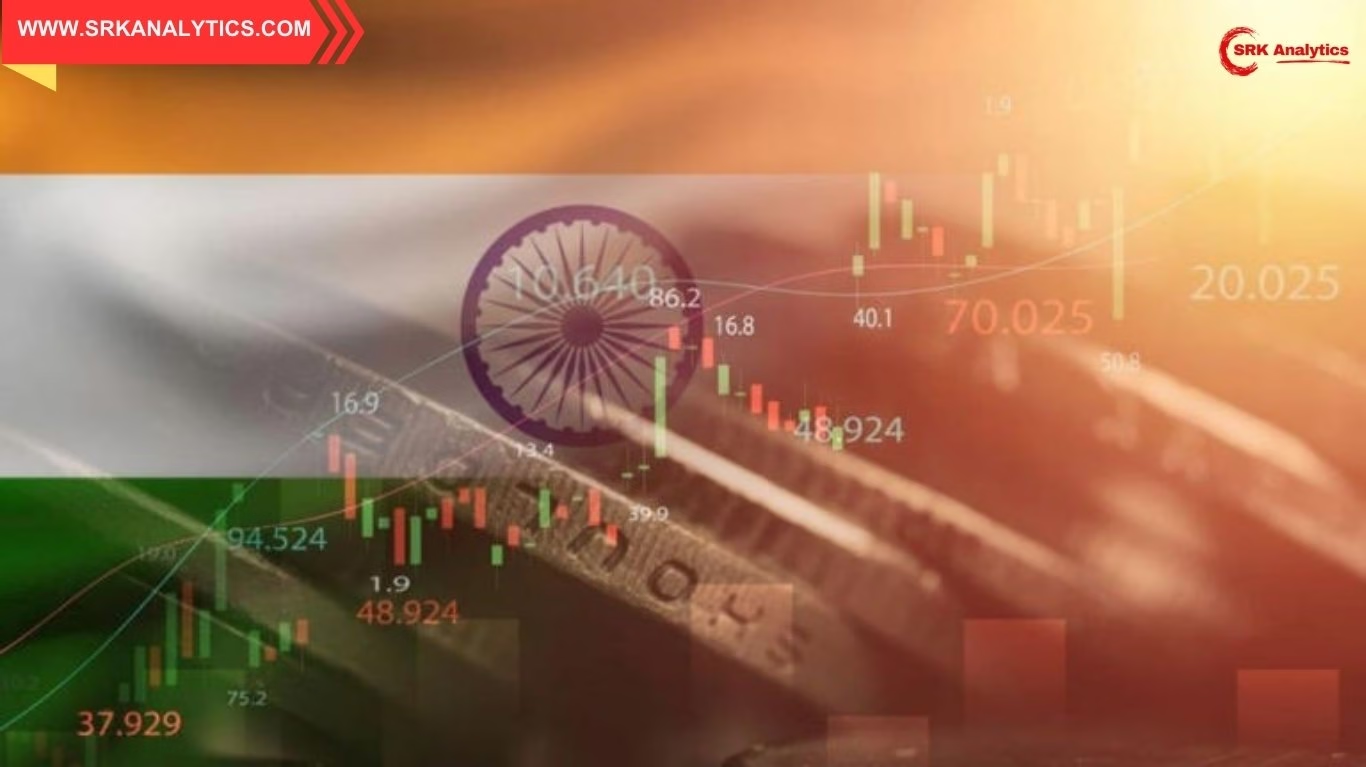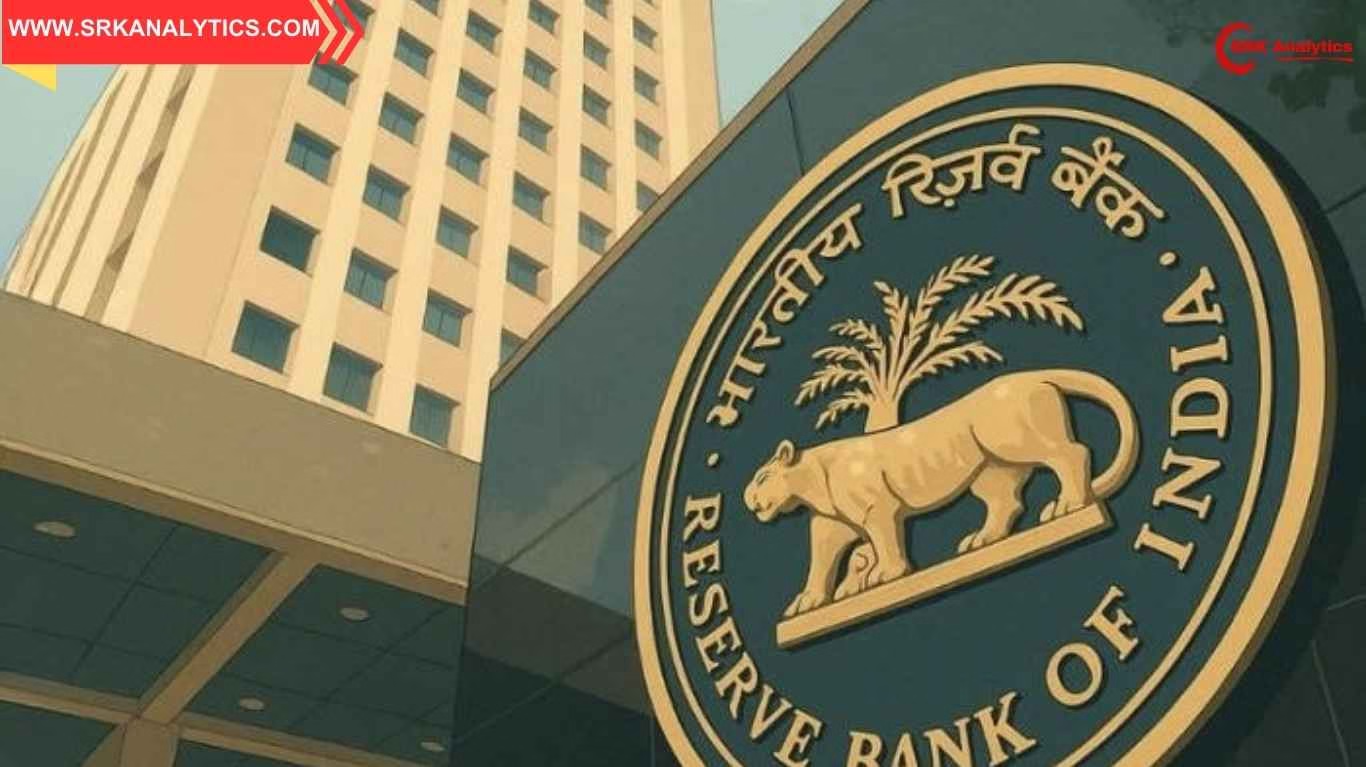As the clock ticks down to former US President Donald Trump’s threatened tariff reimposition deadline, Indian policymakers are urgently examining proposals to finalise a workable India-US trade deal that protects India’s food safety standards while addressing American exporters’ concerns. Sources indicate that India is considering a “GM-free self-certification mechanism” for food imports from the United States as part of efforts to seal the long-pending trade pact.
The Core Issue: GM Certification and Market Access
At the centre of the deadlock lies India’s strict stance on genetically modified (GM) food imports. Under current regulations, US exporters must furnish a “non-GM origin certificate” issued by authorised government agencies for any consignment to be cleared into India. The US has argued that this requirement is burdensome, unnecessary, and not aligned with global trade standards.
To bridge this gap, the Indian government is examining a middle-ground solution by allowing exporters to self-certify that consignments are GM-free, rather than seeking government-issued certificates. This would ease compliance while maintaining India’s sovereign right to uphold its domestic food safety standards.
Why The Rush: Trump’s Tariff Threat
Former US President Donald Trump, now positioning himself strongly ahead of the 2024 US elections, has repeatedly criticised India’s trade barriers and threatened retaliatory tariffs on Indian aluminium, steel, and agricultural products if a fair deal is not achieved soon. Trade officials in New Delhi fear that failure to resolve the certification issue could reignite a tariff war, reversing gains made since India removed some barriers on US agricultural imports last year.
Key Elements of Proposed Trade Package
The ongoing negotiations cover a range of goods, services, and regulatory commitments. Based on discussions so far, the contours of the likely mini trade deal include:
| Key Component | India’s Offer | US Ask |
|---|---|---|
| GM Food Certification | GM-free ‘self-certification’ system | Waiver of government certificates |
| Almond Tariffs | Maintain concessional tariffs with slight reductions | Duty-free market access |
| Medical Devices Price Control | No rollback of price caps | Free pricing mechanism for stents, knee implants |
| ICT Product Duties | No duty reductions on mobile components | Remove or reduce import duties |
| Steel & Aluminium Tariffs | Remove high duties imposed under Section 232 | Maintain or increase market access for Indian exports |
Trade experts caution that the final contours are still under negotiation, with both sides unwilling to appear as having conceded too much under domestic political pressures.
Significance for Indian Farmers and Consumers
The debate over GM food imports in India has been intense, with farmer groups, environmental activists, and food safety experts arguing that self-certification could dilute checks and allow genetically modified grains, soybean, or pulses to enter the country unchecked. Key concerns include:
- Potential contamination of non-GM crops due to mixing during storage or transportation
- Lack of mandatory labelling for GM foods, undermining consumer choice
- Risks to indigenous biodiversity and traditional farming systems
The Indian government has repeatedly assured stakeholders that any trade deal will protect national interests, uphold the Food Safety and Standards Authority of India (FSSAI) regulations, and ensure that only GM-free products enter the market.
Economic Implications of The Deal
For India, finalising the deal is critical to:
- Avoid Retaliatory Tariffs: Prevent punitive duties on Indian aluminium, steel, and textiles, preserving over $6 billion in annual exports to the US.
- Boost Bilateral Trade: Expand market access for Indian basmati rice, marine products, and pharmaceuticals.
- Strengthen Strategic Ties: Consolidate the US-India strategic partnership amid China’s aggressive trade expansion in South Asia.
- Support Exporters: Provide Indian businesses greater predictability and competitiveness in the US market.
The United States remains India’s largest trading partner, with two-way trade exceeding $128 billion in FY23, and is a key technology and defence partner.
Industry Reactions
The US-India Business Council (USIBC) and Federation of Indian Chambers of Commerce and Industry (FICCI) have welcomed the GM-free self-certification proposal as a pragmatic solution to break the logjam. Industry leaders believe it can:
- Streamline Import Processes: Reduce documentation delays for US exporters while maintaining Indian import compliance standards.
- Encourage More Imports: Particularly of high-quality pulses and soybean oil, critical to India’s edible oil security strategy.
- Enhance Ease of Doing Business: Align with global best practices, especially for large-scale importers like agribusiness firms.
However, food safety organisations and farm groups have demanded robust enforcement mechanisms, including random sample testing at Indian ports to verify self-certified claims.
Political and Strategic Dimensions
Trade experts note that with India hosting the G20 summit and expanding its role in QUAD, finalising the mini trade deal will demonstrate its ability to balance strategic ties with trade protections. At the same time, negotiators are wary of setting a precedent where import restrictions are weakened under external pressure.
Challenges and Risks Ahead
- Legal and Regulatory Changes: India may require amendments to FSSAI import norms to operationalise self-certification.
- Risk of Trade Litigation: Domestic stakeholders could challenge the relaxation in courts citing food safety and environmental laws.
- US Political Volatility: Trump’s aggressive rhetoric and policy unpredictability could still derail the agreement despite technical solutions.
- Public Perception: Any perception that India compromised on food safety could trigger farmer protests ahead of state elections.
The Road Ahead
With talks intensifying ahead of the tariff deadline, commerce ministry officials are preparing for final consultations with farmer bodies, food safety regulators, and legal experts. Indian negotiators aim to secure a balanced outcome that:
- Avoids retaliatory tariffs
- Preserves regulatory sovereignty
- Expands market opportunities for Indian exports
- Reinforces the India-US Comprehensive Global Strategic Partnership
Trade analysts believe that if the GM-free self-certification mechanism is adopted alongside mutual tariff concessions, it could become a model for resolving similar non-tariff barrier disputes with other trading partners in future.
Conclusion
As India seeks to secure its food safety standards and economic interests while avoiding escalation with the US, the coming weeks will be decisive in shaping the trajectory of bilateral trade ties. The proposed self-certification mechanism for GM-free food imports represents a strategic compromise aimed at unlocking long-awaited gains for both economies in a tense global trade landscape.
Disclaimer: This news content is for information purposes only. Readers are advised to follow official government notifications and trade ministry releases for final policy decisions and regulatory guidelines.



